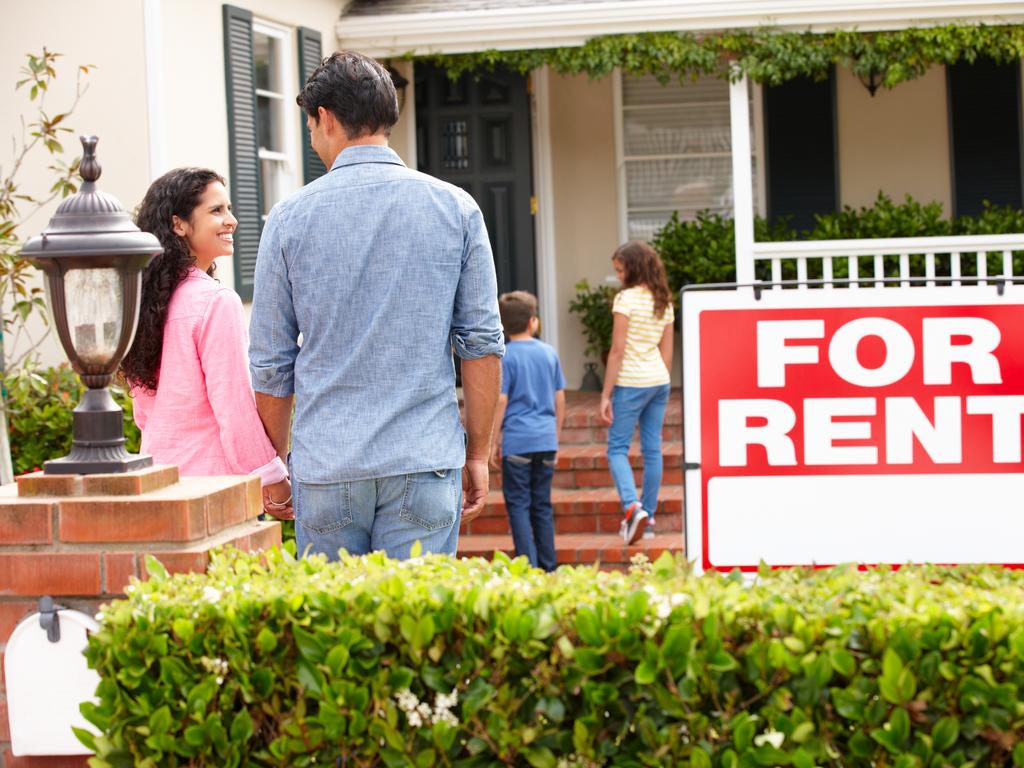Property risks ‘significant’ as sentiement drops: NAB
NAB’s survey of property professionals show’s there’s a ‘significant downside risk’ to the market, with prices falls of up to 10%.

Confidence in the housing market remained positive through the strong first quarter of the year, but analysts warn the expected price falls over the coming months may be prolonged and cast longer term sentiment concerns.
NAB’s Residential Property Index released on Thursday showed sentiment in residential property remained positive in all states and territories through the March quarter, with a national rise of 4 index points holding well above the long term average.
Positive price growth expectations in the housing and rental market may now look different however, with the survey failing to account for much of the economic impacts of coronavirus. Federal government bans on public auctions and open homes were not introduced until the last end of March, while stricter public isolation rules and shutdowns across several sectors impacted employment and consumer and business confidence.
NAB chief economist Alan Oster said there were early signs of stress among the surveyed property professionals, who had begun to be less optimistic.
“Against early signs that coronavirus may have already started to impact the market, property professionals on average revised down their forecasts for national house price growth to 1.5 per cent over the next 12 months, after predicting a rise of 2.2 per cent in the previous survey,” Mr Oster said.
“Downside risks to the market are significant, and property professionals have revised down their expectations for price growth in all states, bar Western Australia.”
The data coincided with the release of ANZ’s Housing Update, with both financial institutions predicting house prices to fall 10 per cent from peak to trough.
Momentum and price gains and construction are expected to fall through the remainder of the year before slowly improving again in 2021. ANZ senior economist Felicity Emmett said that while prices are holding up now, with CoreLogic showing a 0.3 per cent price rise through April, the impact of COVID-19 on the housing market is likely to lag and not be felt fully until the second half of 2020.
“You see from the ABS data stats, overall wages are down 8 per cent. Associated with that will be uncertainty, and for regular mums and dads are going to be quite difficult, I think for them to make that commitment to sign up for a pre-sale or sign-up for some sort of house package when there's a lot of uncertainty about the outlook,” she said.
“There are layers to that as well, like you think also the massive population growth and that is going to vanish for the next year or so. The rental sector is also having quite a few issues at the moment.
“I think all those things mean the market is going to take another leg down over the next year or so.”
Ms Emmett said a sharp V-shaped recovery flagged by commentators at the start of the coronavirus outbreak is now unlikely after significant unemployment and income uncertainty making households unwilling to commit to buying or building a home.








To join the conversation, please log in. Don't have an account? Register
Join the conversation, you are commenting as Logout